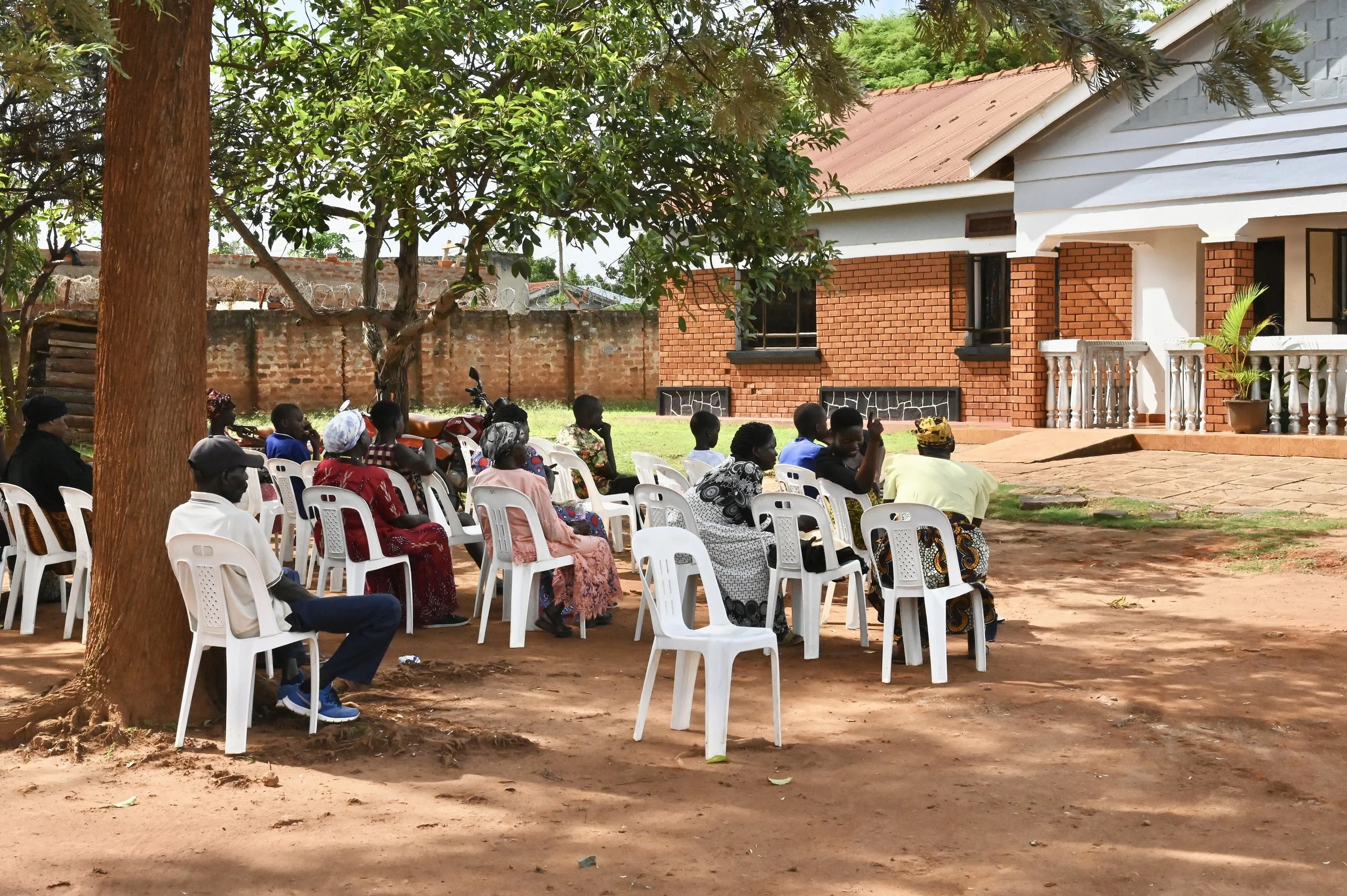Bridging the Gap: How CAMPS+ is Transforming RHD Care with Less
For many patients, especially children and adolescents, sticking to a medication schedule is challenging. This is particularly true for those living with rheumatic heart disease (RHD), where adherence to monthly benzathine penicillin G (BPG) injections is essential to prevent serious complications. These injections aren’t just a simple appointment—they often involve travel and lengthy clinic visits, causing disruption to school, family life, and social routines. It’s a tough commitment, even with the best intentions.
“The research project in general has created a positive mind set in the community, because they used to believe that RHD patients could not attend school, do work at home and they had a biased mind towards those with RHD. Through these projects their minds have changed. The community is lobbying for an opportunity for more screening of other children so that they are enrolled in the system for better health management”.
-CAMPS+ Research Assistant Jenifer Akurut
Yet, these monthly visits are vital. For RHD patients, consistent BPG injections can be lifesaving. So, how do we make it easier for patients to stay on track?
Building Support Systems: A Proven Model
In recent years, RRCU has implemented strategies like case manager programs, peer group support, personalized reminders, and community engagement to help patients adhere to treatment. These approaches aim to integrate care into the patient’s life—not the other way around—creating connections between individuals, their communities, and the health system.
These interventions, often deployed by the RRCU in clinical trial settings, have significantly improved adherence and outcomes. For instance, the GOAL trial, which employed the aforementioned strategies, achieved a 98.8% BPG injection adherence rate, demonstrating how effective these systems can be.
But there’s a catch: they’re resource-intensive and challenging to sustain long-term, especially outside the context of a clinical trial.
Enter CAMPS: Doing More with Less
That’s where a recent project, Case Managers and Peers Support Groups for Prophylaxis Adherence in Rheumatic Heart Disease (CAMPS) comes in. CAMPS tested a streamlined approach that retained the core principles of engagement and support, but with fewer demands on the health system (or clinical trial infrastructure). It leveraged local community health workers, Village Health Teams (VHTs), to function as case managers that incorporated SMS (mobile phone text) reminders, facilitated peer groups and maintained contact with patients. After 12 months, we found that 62% of children enrolled in usual care were receiving adequate protection compared to 98% of children enrolled in CAMPS enhanced supports. CAMPS proved that sustainable, system-integrated models could still deliver strong results.
But could the model be simplified even further?
Introducing CAMPS+: Simplifying Support, Sustaining Impact
CAMPS+ is the next step in testing how lean a successful support model can be—while still maintaining effectiveness. Unlike earlier interventions that combined multiple layers of support—including case managers and peer groups—CAMPS+ is evaluating the impact of using case managers alone, without peer group sessions. The key question: Can this streamlined model deliver comparable outcomes to the more intensive, multi-component systems?
By removing the peer group component, CAMPS+ aims to determine whether a one-on-one relationship with a case manager can provide sufficient support for adherence, while reducing the logistical and resource burdens (transportation, staffing, scheduling, supplies, venue rental, etc.) that group-based interventions require.
Participants are again paired with VHTs trained as case managers who serve as their primary point of contact, offering reminders, education, and emotional support. This direct and personalized engagement builds trust and accountability, without the need for large group gatherings or extra staffing.
CAMPS+ is designed as a non-inferiority trial, comparing this pared-down model to the full-support approach, to assess whether the simpler strategy can keep patients on track with their essential monthly BPG injections.
Early Insights and Looking Ahead
Although the results of CAMPS+ are expected in early 2026, early anecdotal feedback is promising.
So far, after 9 months of implementation:
~300 patients have been enrolled
Data collection is ongoing
Challenges include VHT workload and maintaining consistent contact in remote areas
CAMPS+ isn’t just a study—it’s a step toward a future where life-saving care is easier to access, easier to stick with, and embedded in the lives of those who need it most.
Stay tuned for more results as CAMPS+ continues to reshape the future of RHD care.

